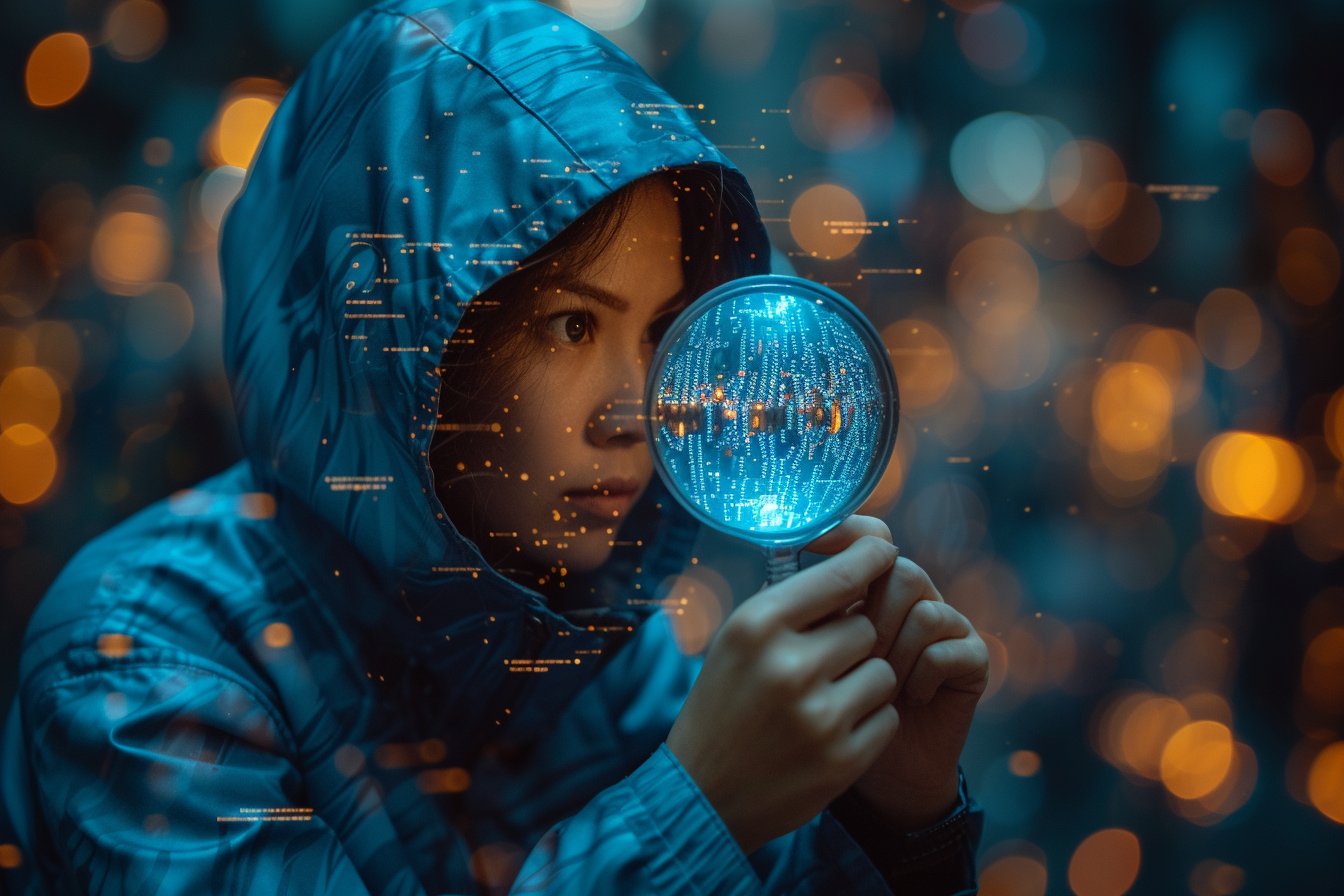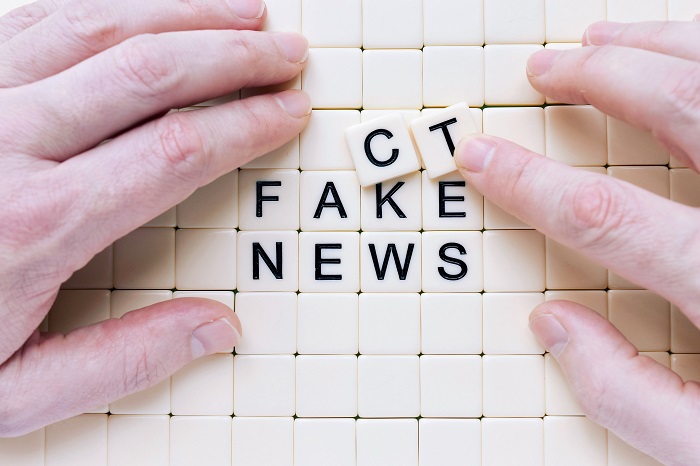The Disturbing Reality of Deepfake Porn
Imagine finding out that explicit videos featuring your face are floating around on the internet without your consent. For many individuals, primarily women, this disturbing reality is a result of deepfake pornography, which uses generative artificial intelligence (AI) to superimpose their faces onto other people’s bodies.
As detailed in the documentary “Another Body,” victims of deepfake porn often have limited options for recourse since existing legislation has failed to keep pace with rapidly advancing AI technology. In the absence of adequate legal frameworks, creators of deepfake pornography continue to operate with impunity, resulting in serious social consequences and endangering public life for women.
Rapid Proliferation of Deepfake Content
- Production of deepfakes is doubling every six months, according to tech experts. While politicians and media focus on the potential use of deepfakes for political manipulation or misinformation campaigns, approximately 90% of all deepfakes are non-consensual pornography targeting women.
- Campaigners argue that the flourishing of deepfake porn is facilitated by Big Tech companies ranging from search engines and internet service providers to social media platforms.
- Despite the difficulties faced by victims seeking justice, there are over 3,000 websites dedicated to deepfake porn.
Devastating Consequences of Deepfake Abuse
Deepfake porn not only poses a significant risk to the mental health of its victims but also carries broader societal implications:
- Deterrence of women from public life: Deepfake porn is often weaponized against women in politics and journalism to intimidate and undermine them. High-profile targets include U.S. Vice President Kamala Harris, politicians Alexandria Ocasio-Cortez and Lauren Book, former German Chancellor Angela Merkel, climate activist Greta Thunberg, and British actress and women’s rights advocate Emma Watson.
- Mass silencing of women: Fear of deepfake abuse can drive women away from online platforms, discourage participation in public life, and cause self-censorship.
- Permanent abuse: Victims usually struggle to identify the creators of deepfake porn or have the videos removed, resulting in ongoing harassment.
Challenges in Tracking Down Deepfake Creators
Perpetrators frequently hide behind virtual private networks (VPNs) to avoid detection and prosecution, turning the pursuit of justice into a game akin to “whack-a-mole.” In some cases, individuals create deepfake porn and then demand money from their targets to have it taken down.
The Need for Tough Legislation Amidst Rapid Technological Advancements
Digital rights expert Amanda Manyame from Equality Now suggests that existing laws such as privacy laws, defamation laws, and misinformation laws may offer limited protection in certain countries, but this has not yet been tested in court. With deepfake videos potentially being shared millions of times across different platforms, the need for robust legislation to combat deepfake porn and protect victims is becoming increasingly urgent.
- Campaigns like #MeToo are pushing for legislation to address the issue of deepfake pornography.
- American student Taylor Klein, a victim of deepfakes herself, managed to identify her abuser – a former friend who had targeted numerous other students and a popular YouTuber named Gibi. While the police could not charge him due to lack of applicable laws, Gibi is working with a lawyer on a civil case against him, which could potentially set a legal precedent.
The Path Forward: A Call for Comprehensive Legal Solutions
In light of AI’s rapid advancement and the increasing prevalence of deepfake pornography, it is imperative to develop comprehensive legal solutions that adequately protect the rights and dignity of individuals. Addressing this issue will involve collaboration between legislators, tech companies, and advocacy groups to ensure a safer and more inclusive online environment for all.







